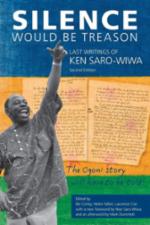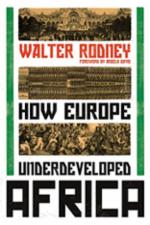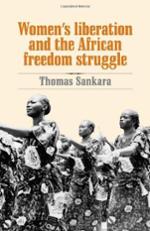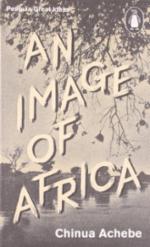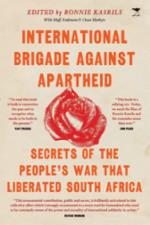This is a testament to the bravery of my father, Ken Saro-Wiwa. His words are an inspiration to anyone fighting against tyranny, and a reminder to oppressors the world over that the human spirit can never be broken. — Noo Saro-Wiwa, author of Looking for Transwonderland: Travels in Nigeria (2012).
Here is a remarkable book of the correspondence from one of the greatest leaders of our time to a strong and gentle Catholic sister living half-way around the world. Ken Saro-Wiwa, enduring harsh treatment and facing cer- tain death, writes from detention in Nigeria about justice and honour and sets the bar for courage for the rest of us. Struggles for indigenous justice in the face of corporate tyranny continue to this day. Everyone engaged in these struggles will be moved and inspired by these haunting letters written by a legend. — Maude Barlow, author, activist and National Chairperson of Council of Canadians.
A poingnant collection that unveils a remarkable friendship as much as it animates the memory of Saro-Wiwa’s indomitable spirit. It is perhaps one of the the bitter ironies of his life he had to feed the soldiers who gurarded him as well as witness army captains fight over who should be his jailer. — Brian Chikwava, write and winner of the 2004 Caine Prize for African Writ- ing, Associate Editor, Wasafiri Magazine
More fully than any biographical essay would have done, the letters and the poems reveal the mind of the campaigner for justice while he is under arrest, courageously planning and prompting, writing and keeping himself informed, keeping his cause alive, but they also show Ken Saro-Wiwa as the anxious father worrying about his children and as the man alone thrown on his resources. The three lucid essays which frame the letters prove an excel- lent and informative guide to the events behind the letters and add to the imporance of this publication. — Abdulrazak Gurnah, novelist, Booker Prize nominee 2004, winner of the RFI Témoin du Monde Prize 2006 and Professor of English at the University of Kent
The letters and poems collected in this volume show with great eloquence that Saro-Wiwa confronted Abacha’s darkness, and the darkness of the inter-
national oil conglomerates, especially Shell, with anger, sadness, wit and humour. In nearly every letter and poem in the volume there is suffusing light and uncommon grace. I confidently expect that in time, this slim vol- ume will take its rightful place among the most important works of prison writing and environmental activism in the world. — Biodun Jeyifo, Harvard University
Following Ken Saro-Wiwa’s second arrest in 1994, Sr Majella McCarron approached Trócaire for help. His release became a priority campaign for us, and we engaged with Shell, the media and Government to try and com- mute the death sentences for him and the eight co-accused Ogoni leaders. I remember the despair in Trócaire’s offices on 10th November 1995 when we learned that all nine had been executed. The struggle of the Ogoni people is a part of Trócaire’s history, and the writings in Silence Would be Treason: Last Writings of Ken Saro-Wiwa are a testament to Ken Saro-Wiwa’s spirit and courage, demonstrating that, even in the darkest of times, love truly can conquer fear. — Éamonn Meehan, Executive Director of Trócaire
Clear and direct, these letters and poems are the last expression of a voice the regime was determined to silence: a voice for indigenous rights, environ- mental survival and democracy, many of those battles were won despite his death and whose voice comes alive today again in these extraordinary let- ters. — Boletim Africanista, 2013
Íde Corley is a Lecturer in English at Maynooth University where she directs MA programmes in Postcolonial and World Literatures and in Irish Literature and Culture. Her research focuses primarily on twentieth-century literary engagements with the politics of black unity associated with tri-continental Pan-African nationalism, African socialism and modern African identity. She was the Principal Convenor of an ESF-funded workshop entitled "Multiple Modernities of Same-Sex Sexuality in Nigeria" in 2010 and has published articles and reviews in Modern Language Studies, Interventions and Journal of Postcolonial Writing.

